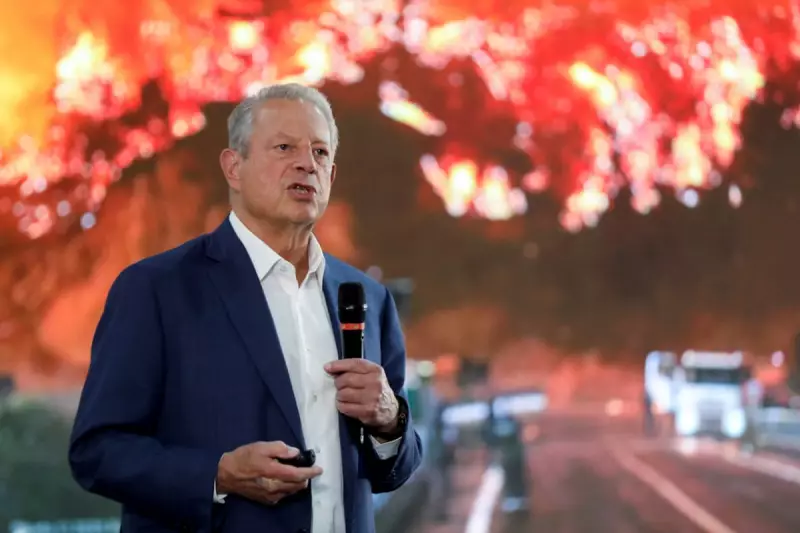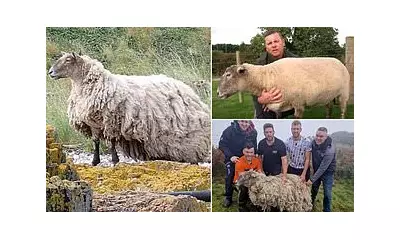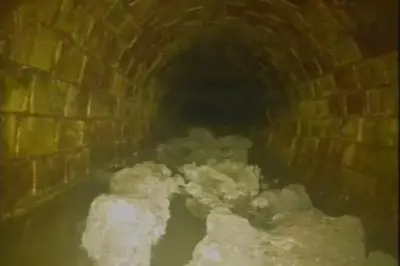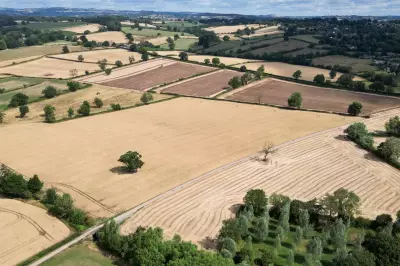
Gore Questions Gates' Climate Reversal at COP30 Summit
Former US Vice President Al Gore has suggested that fear of being "bullied" by Donald Trump could be behind Bill Gates' surprising decision to downplay the urgency of the climate crisis. In an exclusive interview with the Guardian at the COP30 United Nations climate summit in Belém, Brazil, Gore described the Microsoft founder's new position as "silly" and criticised Trump's anti-climate stance.
Gore labelled Trump "the most corrupt president in American history" and warned that his promotion of fossil fuels over renewable energy was "badly damaging the US economy." He pointed to China's growing dominance in green technology exports, which now surpass the value of all US fossil fuel exports, as evidence of this self-inflicted harm.
A Puzzling Shift in Climate Priorities
The remarks came after Gates, a prominent philanthropist, made international headlines by arguing that the climate crisis should be deprioritised in favour of greater focus on global health issues. Gore expressed bewilderment at this position, noting that "every climate scientist that I know and respect just threw up their hands."
He drew a direct connection to Trump's political influence, recalling that "when Trump was elected the second time, Bill fired most of his climate staffers and went to the White House and lavished praise on Trump." Gore suggested that Gates might be "really worried that Trump will bully him the way he has bullied other ultra-wealthy business people," noting that Trump enthusiastically praised Gates' reversal on social media.
Gore firmly rejected the notion of a binary choice between health and climate action, stating that "the World Health Organisation has said long since that climate is the No 1 health threat to humanity." He pointed to The Lancet's recent report on the health consequences of climate inaction, which coincidentally emerged the same day Gates made his statement.
Defending Climate Progress and UN Process
Despite political headwinds, Gore offered a robust defence of the UN climate process, arguing that "the Cop process accomplishes far more than it is given credit for." He highlighted its role as a nucleus for industry, NGO, and civil society agreements that drive progress forward.
He celebrated what he sees as a "generational change" in the United States, where many citizens are embracing climate action even as federal policies retreat. Gore also noted recent election defeats for Republican candidates, suggesting Trump might face a "less obsequious" Congress.
During the summit, Gore presented delegates with a stark visual presentation of climate disasters worsened by global heating, from record drought in the Amazon to devastating storms in Vietnam, Jamaica, and the Philippines. "How long are we going to stand by and keep turning the thermostat up?" he asked, his voice rising in frustration.
His primary focus at COP30 has been promoting Climate TRACE, his project mapping planet-heating emissions worldwide. Gore remains optimistic about technological solutions, concluding that "political will is a renewable resource" in the fight against climate change.





